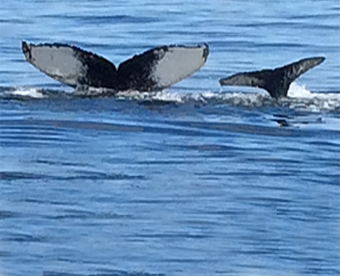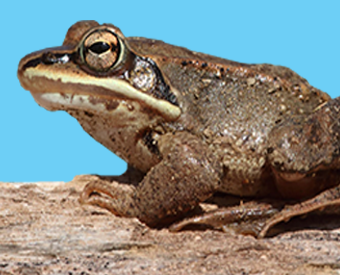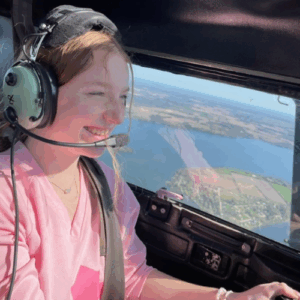“This year’s Science Literacy Week theme is From Sea to Space. Spanning the vastness of our oceans to the outer edges of our atmosphere, this national campaign invites Canadians of all ages to discover how science shapes our world.” – Canadian Association of Science Centres
At Scientists in School, we are continuously seeking out incredible scientists who are excited to share how their work shapes the world. Meet three such scientists who all have one thing in common: a passion for the science of the sea! Plus, explore our downloadable resources to bring aquatic science to your young learners.
Arctic Marine Biology: scientists study belugas, seabirds, and shipwrecks!
Did you know that Churchill, Manitoba is the Beluga Whale Capital of the World? In our interview with Arctic marine biologist Justine Hudson, she talks about what brought her to Churchill to study belugas and what it means to be a “professional snot collector”!
From seabirds to shipwrecks, Dr. Emily Choy has studied many elements of the arctic. When we sat down with her, Dr. Choy shared inspiring stories of her expeditions in Canada’s remote north, the need to bridge the gap between Western and traditional knowledge, and the importance of inclusion in Northern research. When Dr. Choy isn’t scaling cliffsides looking for seabirds, she is sailing icy waters looking for lost ships at sea: at the end of our interview Dr. Choy talks about her role in the successful Victoria Strait Expedition in 2014 in search of Sir John Franklin’s ships, Erebus and Terror!
The work of an Ocean Conservationist
Learn how to be a good steward of the sea with Ocean Conservationist Maddy Bolt! Maddy spent her youth cultivating a love for nature, conservation, and all things aquatic – from snorkelling to surfing to scuba diving all across the globe. Maddy is a graduate from the University of British Columbia and spearheads a program that creates and distributes accessible nature guides and resources for schools and community organizations. Her nature guides thoughtfully incorporate both western and traditional ecological knowledge systems.
In our interview, she shares practical ideas on how to get kids excited about ocean conservation and marine wildlife protection even in land-locked places.
Aquatic STEM resources for kids
It’s easy for you to engage your young learners in STEM discoveries this Science Literacy Week with these STEM resources!

Make a model of how a whale’s blow hole works, explore why the ocean doesn’t freeze, and get some fun facts on the most studied species of whale: the humpback! Download this educational resource here.

If you’re closer to a wetland than an ocean, you can still explore an aquatic ecosystem! Download and print this resource to play a game of real life eye spy with common wetland denizens.

Learn how to safely investigate a local pond while respecting it’s inhabitants with Pond Dipping 101.
Science Literacy Week: Further Reading
Science Literacy Week is an opportunity to engage with the world through STEM discoveries, expert insights, and letting your sense of wonder guide you. Here are some opportunities for further exploration of the science of the sea:
- Start at the surface and explore your way down through the depths of the ocean to Challenger Deep with this interactive webpage.
- Watch educational videos on many ocean topics with older students, and explore engaging ocean STEM activities with young students.
- Investigate Science Literacy Week events and resources across Canada.
Do you know a STEM expert we should interview in our Spotlight series? Email inquiries@scientistsinschool.ca with the name and area of expertise of your nominee!
Scientists in School is a Canadian science outreach charity dedicated to sparking children’s interest in STEM through hands-on discovery. Explore our workshops and help us turn your young learners into young scientists.








